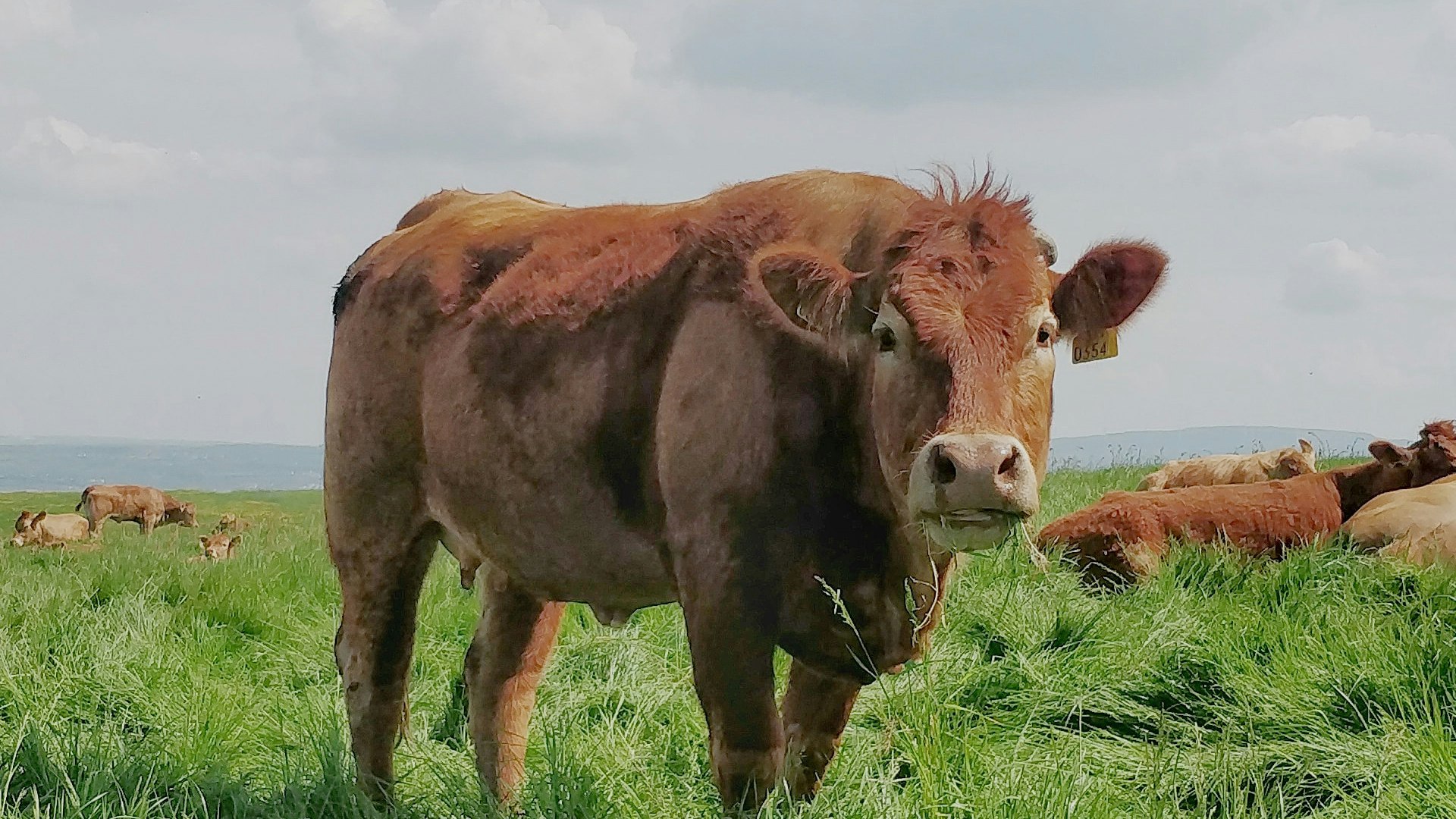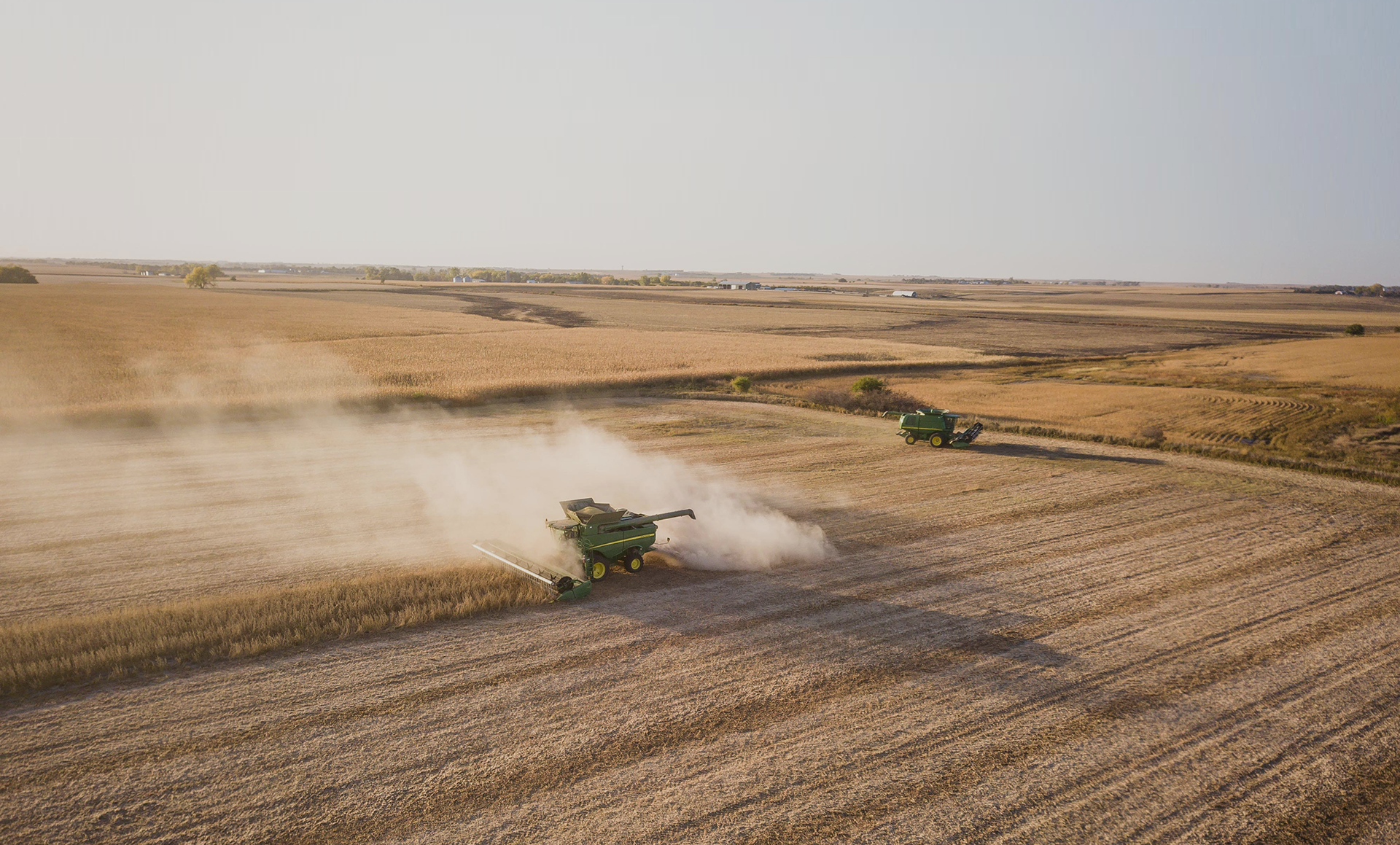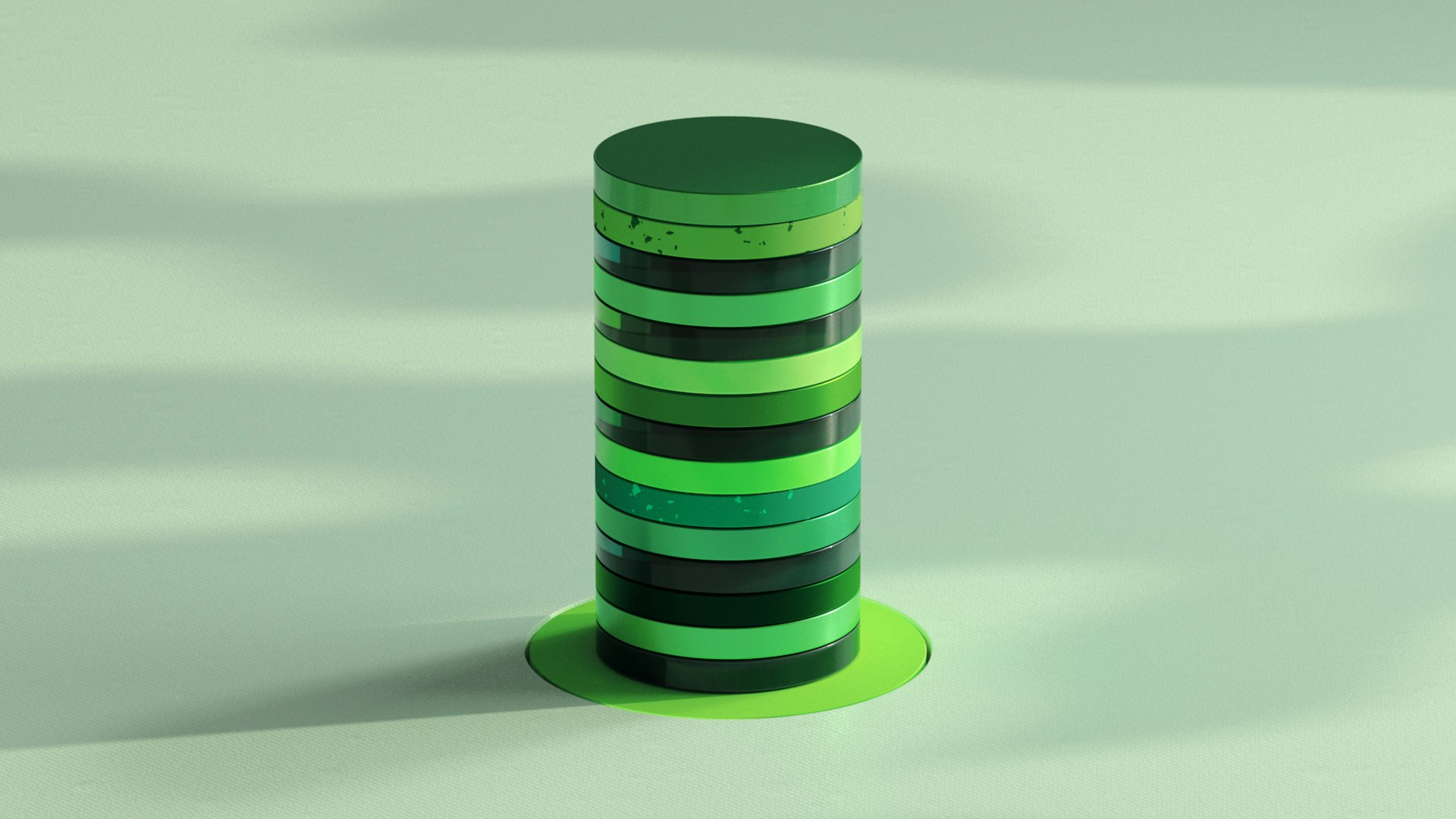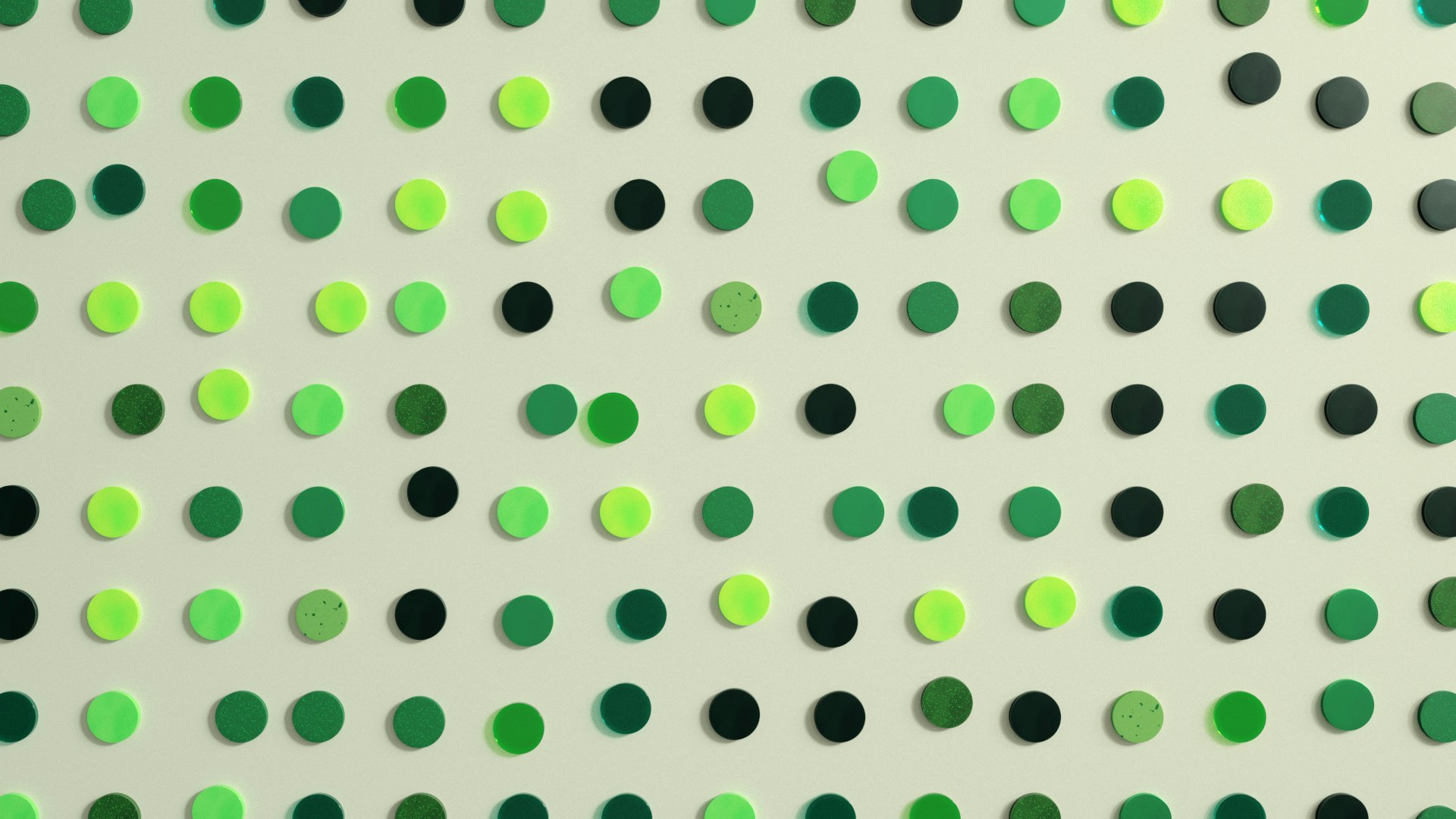The blockchain solution in question is known as the Provenance Solution. Through it, MasterCard’s customers will be able to make purchases and buy products in a manner that is beneficial for the environment. The system will enable options to be made available for purchase, such as but not limited to a sustainable and environment-friendly T-shirt, a cup of coffee, and so on, via the interaction with the carbon credits that are linked directly with that particular item. These will be represented through a unique marker and a non-fungible token.
Provenance Solution arrives as consumers ask for more transparency
The person in charge of Digital Assets & Blockchain APAC at MasterCard, Ashok Venkateswaran, talked about the different ways in which the company is striving to be able to track and monitor the carbon footprint that is generated from its various partners and then subsequently incorporate this data into the aforementioned blockchain tracking and monitoring technology.
Furthermore, the entire purpose of the Provenance Solution was to help various brands be able to track where all of their products were heading and provide increased visibility to the relevant and appropriate processes related to supply chains. Venkateswaran also noted that there is an increase in demand to track carbon footprint, particularly from the Australian customers, as they are the ones who are primarily asking for increased transparency.
Collaboration between MasterCard and Fresh Supply Co
David Inderias, the co-founder as well as CEO of Fresh Supply Co., made it known that collaboration has been formed between his company and MasterCard, the purpose of which is to hopefully have the Provenance Solution be utilized during the upcoming Sydney Writers Festival next week. The goal is to potentially offset and record any carbon emissions generated by coffee that may be consumed through the partnered vendors that will be present at the abovementioned festival. Basically, Fresh Supply Co. will be operating the back-end technology, whereas C2Zero, the client interface, will be busy linking products to the carbon credits.
Inderias noted the importance of this kind of technology and the benefits that it can provide, saying that it has the ability to view the minuscule details of a specific product. No matter what the item may actually be, such as a T-shirt or a cup of coffee, for instance, the carbon footprint generated through the product shall be offset alongside complete integrity upstream.
Did you enjoy this ?
Share it with a colleague.



